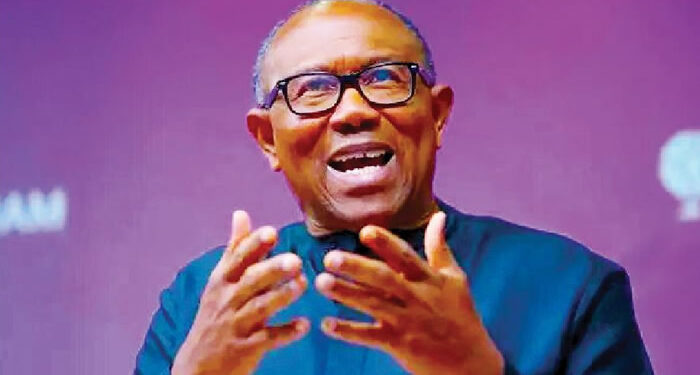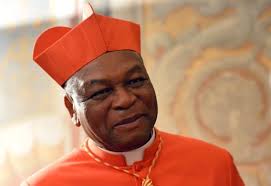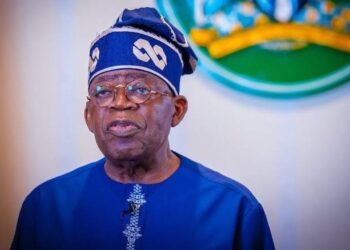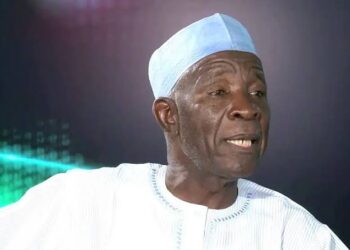The 2023 Labour Party Presidential Candidate, Peter Obi, has expressed deep concern over Nigeria’s economic trajectory since 2015. In a statement released on Monday via social media platform X, Obi highlighted the stark contrast between Nigeria’s economic performance in the early years of its return to democratic governance and its current state. Obi noted that when Nigeria returned to democratic rule in 1999, the country maintained an average GDP growth of approximately 6.72% for 16 years from 1999 to 2014. However, this growth was not sustained, with GDP growth collapsing to 2.79% in 2015 and the economy slipping into recession the following year.
The presidential candidate further stated that in 2014, just before the inception of a new administration a year later, Nigeria had the largest economy in Africa with a Gross Domestic Product of $568.5 billion and a GDP Per Capita of around $3,200. In contrast, by 2023, Nigeria had fallen to the fourth-largest economy in Africa, with a GDP of $375 billion and a per capita of $1,700. The situation worsened in 2024, with the GDP further declining to an estimated $253 billion and per capita dropping to $1,087.
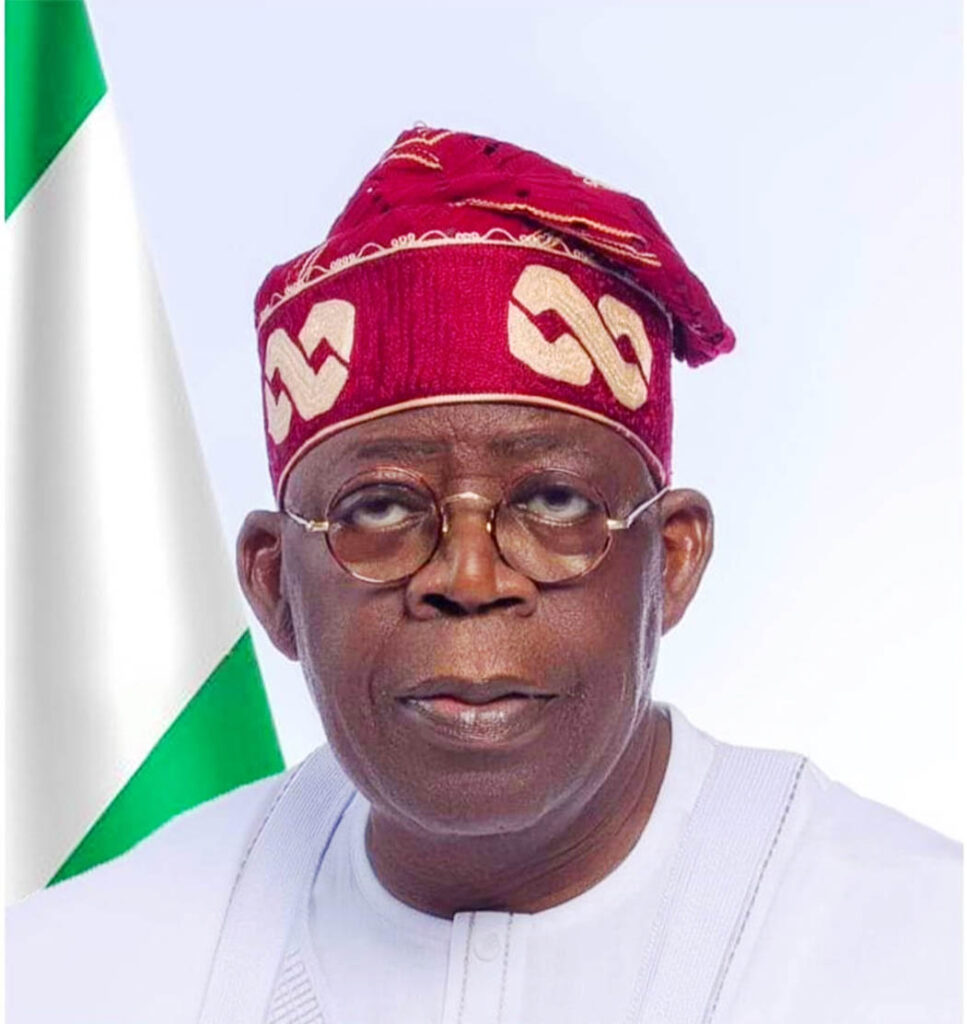
Obi’s statement underscores his deep concern over the significant economic challenges Nigeria has faced in recent years, which have led to a substantial decline in the country’s economic performance and standing within the African continent. Peter Obi wrote on his X handle, “Poverty is pervasive and increasing. Unemployment is rising. Food inflation has skyrocketed to over 43%. Foreign and local investors are losing confidence in the future growth of our economy and are departing in large numbers. Businesses are shutting down.”
Obi called for urgent action to prevent further economic collapse and to transition the economy from a consumption-based to a production-based model. He criticized the current leadership, noting, “Urgent actions must be taken to salvage the nation from further economic collapse and to shift it from consumption to production. However, instead of addressing the challenges threatening our collective existence and finding ways to recreate an inclusive and sustainable economy, lift millions out of poverty, and return our nearly 20 million out-of-school children to schools, our leaders are more preoccupied with funding their selfish luxuries and individual lavishness, while blaming others who are only committed to solving the nation’s problems.
“In the face of these significant challenges, we as leaders must commit to inclusive and sustainable growth to alleviate the hardship that continues to burden our fellow citizens.”


